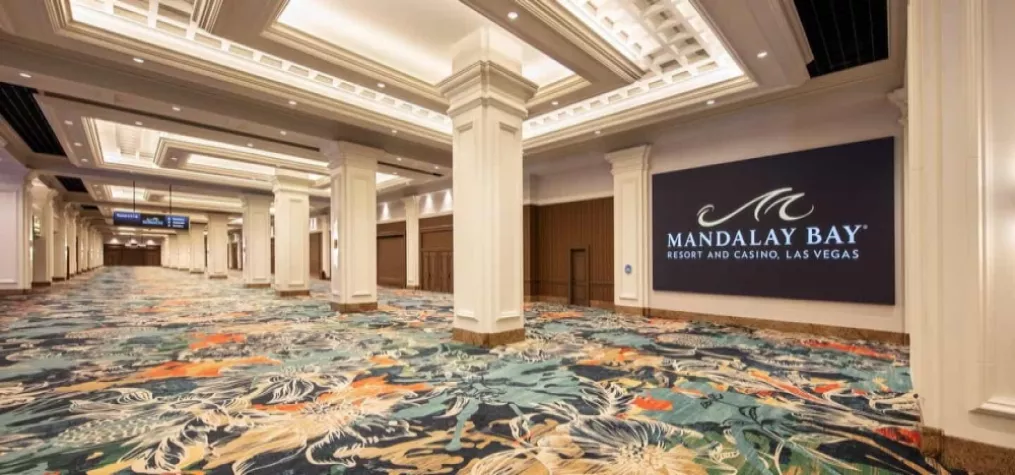I recently attended an industry event where I listened to a panel of five exhibitors speak to a room full of show managers. The exhibitors all strongly agreed that their number one need was communication and education.
Communicating information about what tools to use and creating educational opportunities for your exhibitors to understand the usage and benefits will help them to maximize the value of your event and fulfill their company’s exhibiting goals. By giving your exhibitors what they need and when they need it you are helping them to succeed and ensuring that when you call to sell booth space for your next event, they’ll sign up again.
Here are some tips to help you give your exhibitors what they are asking for and what they need to have a successful event:
1. Create and use a timeline
Using a timeline can make all the difference in the world. Exhibitors are inundated with emails from you and your vendors in preparation for your event, and many things can get lost in the shuffle or go unnoticed. By giving your exhibitors a timeline specific to your event you are easily communicating to them what needs to be done and when.
· Begin with a structured plan and schedule for your timeline so you do not send too many emails or newsletters and overwhelm your exhibitors.
· Consolidate all communications for your event into one email or newsletter with a timeline of dates and vendor deadlines. Also include a snapshot of all exhibitor educational sessions that are available to help them get ready for your event.
· Start sending your communications and timeline well in advance of your event. Leading up to your event, begin sending them out monthly and increase the frequency to weekly as it gets closer to your event.
2. Communication
Share information about your event and give your exhibitors multiple ways to access that event information.
· Post your newsletters and event communications on an exhibitors only section of your event website so your exhibitors can easily access the information and find it if they cannot locate the original email.
· Create online versions of your manuals to give your exhibitors an event reference they can keep at their fingertips and access on their mobile devices.
· Form an Exhibitor Advisory Committee or Exhibitor Task Force and at a minimum, hold annual meetings or calls to provide an opportunity for your exhibitors to speak with other exhibitors, discuss best practices, learn about new innovations and share successful strategies. These meetings are more effective when they are held during the year at times other than onsite at your show. In an onsite setting, the exhibitors are in “show mode” and cannot take the time to focus on the discussion items.
· Use social media and a unique show hash tag as another way to communicate with and inform your exhibitors.
3. Provide educational opportunities in multiple formats
Your first point of education should be to inform your exhibitors of what is available to them. In your monthly communication materials, promote your educational opportunities and how to access them in the various formats. Emphasize the value of this education and how it can impact your exhibitors’ success.
· Webinars and podcasts help your exhibitors get the most from their exhibiting experience. Create sessions on tips for pre-event marketing, along with strategies for driving booth traffic, capturing leads and a successful follow-up. Schedule webinars that include your vendors (i.e., lead retrieval, decorator, registration, A/V). Record your webinars and don’t forget to post them to your event website in the exhibitor section so your exhibitors can access the webinar content at any time during the event cycle.
· Our industry thrives on face-to-face interactions. Organize workshops or exhibitor “boot camps” in a central location where exhibitors can attend and take a crash course to learn about everything available for your event and receive one-on-one assistance. This provides exhibitors with the opportunity to create marketing materials, a lead strategy and prepare for your event.
· Work with a lead retrieval vendor who provides one-on-one demos and training on their lead retrieval equipment to ensure your exhibitors and their staff are prepared for the opening of the show floor. Also encourage exhibitors to take advantage of onsite training in their booth for a quick reminder on the use of the equipment and a chance to ask follow-up questions.
· Provide a success kit for your exhibitors that includes tips on collecting, managing and following up on their leads.
Remember, communicating with and educating your exhibitors not only benefits them but it also benefits you and your event. Their success translates into a successful event for you.



Add new comment